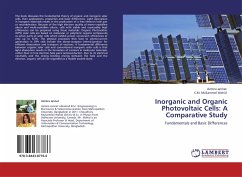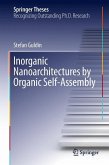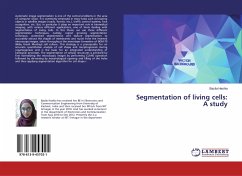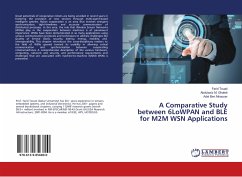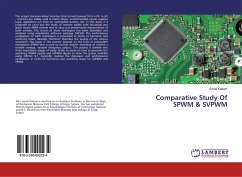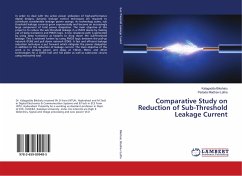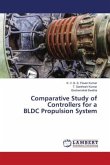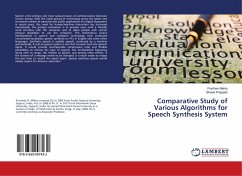The book discusses the fundamental theory of organic and inorganic solar cells, their applications, properties and basic differences. Light absorption in inorganic materials results in the production of a free electron hole pair or recombination. Because of the high electron quality of mono-crystalline silicon and multi-crystalline silicon, cells with stable and reasonably high efficiencies can be prepared using these materials. Organic Photovoltaic (OPV) solar cells are based on molecular or polymeric organic compounds as active parts of solar cells which exhibit power conversion efficiencies of only up to 8.3%. The physical processes that lead to photo-current generation in OPV cells include the donor-acceptor hetero-junction for efficient dissociation and transport of excitons. A fundamental difference between organic solar cells and conventional inorganic solar cells is that light absorption results in the formation of excitons in molecular materials, rather than in free electron-hole pairs (semiconductor). Due to its electrical neutrality and the strong binding energy between the hole and the electron, organic cell can be regarded as a mobile excited state.

